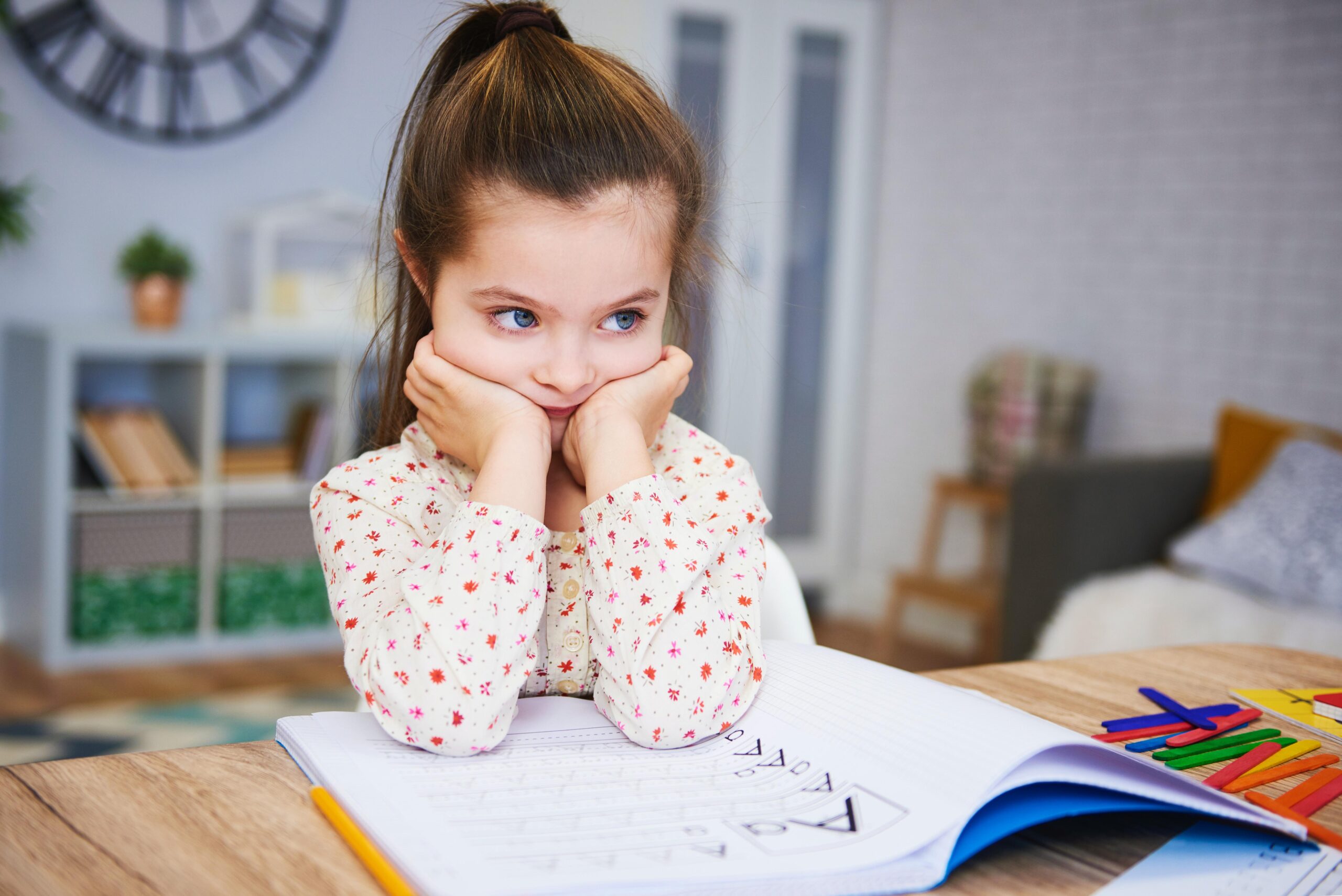
In the ever-diversifying world of today, the classroom tends to be among the first settings where students are exposed to individuals belonging to a variety of backgrounds, having unique capabilities and holding distinctive beliefs. Social and emotional learning (SEL) is vital to account for such differences, and aid in putting all students to get on an equal footing. As per Hind Louali, SEL goes a long way in enabling people to gain a better understanding of their thoughts and emotions and become self-aware individuals. It also enables them to develop more empathy for others within their community.
Hind Louali provides an overview of social and emotional learning (SEL)
Social and emotional learning (SEL) is basically an educational concept. It is focused on helping students gain valuable skills beyond math, science, and other core school subjects. SEL largely deals with enabling people to identify their feelings effectively, understand and communicate with others, make empathetic decisions, build strong relationships and so on. SEL is a methodology that helps students of almost all ages to comprehend their emotions properly, feel those emotions fully and capably demonstrate empathy for others. Such behaviors are then used to help students make positive and responsible decisions, build positive relationships with others, and ultimately develop frameworks to achieve their goals.
Here are some of the core aspects of social and emotional learning:
Self-Awareness: Self-awareness involves gaining a proper understanding of one’s own values, personal goals and emotions. It comprises assessing one’s limitations and strengths accurately while also maintaining a grounded sense of self-efficacy and optimism. The ability to recognize how feelings, thoughts and actions are interconnected is important for becoming more self-aware.
Self-Management: Attitudes and skills that facilitate the ability to regulate one’s own emotions and behaviors come under self-management. It may include the ability to control impulses, manage stress, delay gratification, as well as persevere through challenges with the aim of achieving specific personal and educational goals.
Social Awareness: As mentioned by Hind Louali, social awareness involves the capability to feel compassion, empathize and understand others, including the ones having different backgrounds or cultures. Knowledge of social norms and behavior is vital for becoming a socially aware citizen.
Relationship Skills: To establish and maintain healthy, positive and rewarding relationships, people must have good relationship skills. These skills can involve negotiating conflict in a constructive manner, communicating clearly, resisting inappropriate social pressure, cooperating, listening actively, and even seeking help when it is needed.
Responsible Decision-Making: Learning how to make smart and constructive choices about social interactions and personal behaviour across varied settings is important for responsible decision-making. It typically involves the ability to take into account important safety concerns, ethical standards, health and well-being of self and others, and accurate behavioral norms for risky behaviors.
SEL is not just beneficial for both children and adults. It is useful in elevating self-awareness, improving academic achievement, and facilitating positive behaviors both in and out of the classroom. From an academic standpoint, as per certain reports, students who took part in SEL programs saw an 11% increase in their overall grades and better attendance. Coming to a more individual level, the skills and behaviors learned within an SEL program commonly aid students in better coping with emotional stress, avoiding peer pressure and solving problems.
